A STRONGER RELATIONSHIP
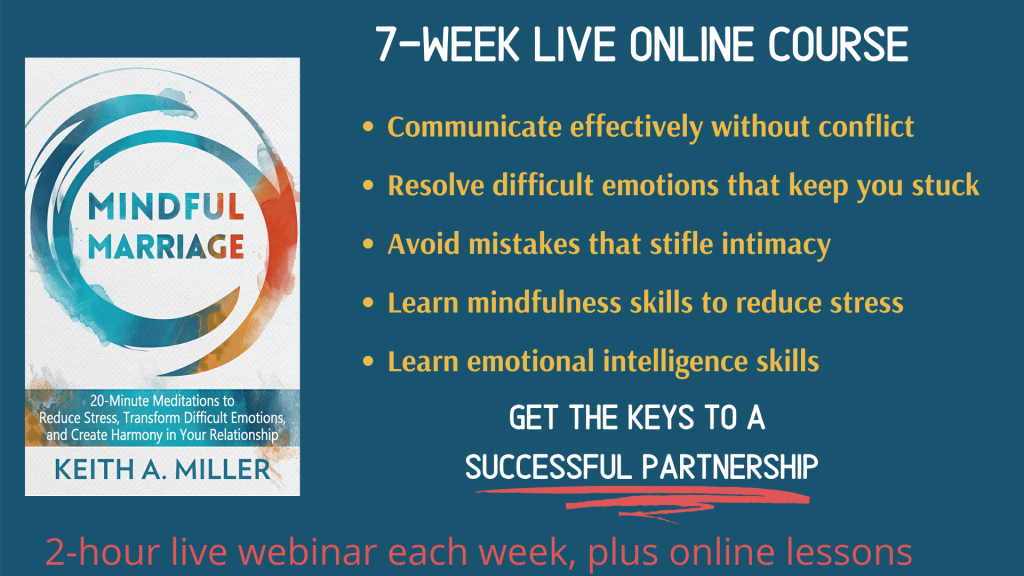
COURSE DATES: Meets Tuesday Nights 7-9pm,
September 6 – October 18, 2022
IN SEVEN WEEKS
HURRY! EARLY-BIRD DISCOUNT ENDS ON 8/30

COURSE DATES: Meets Tuesday Nights 7-9pm,
September 6 – October 18, 2022
HURRY! EARLY-BIRD DISCOUNT ENDS ON 8/30
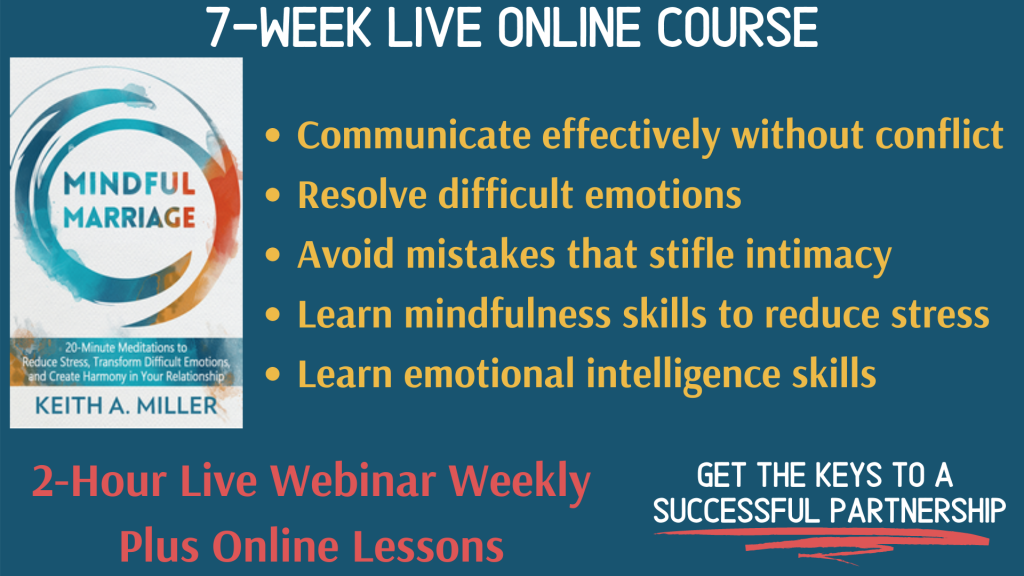
COURSE DATES: Tuesdays 7-9pm EST 9/6/22 – 10/18/22 + optional Office Hours

Train your mind to automatically lower stress and bounce over setbacks
Learn the #1 reason relationships struggle
Discover the powerful tool that can transform conflict into connection
Practice speaking from your heart and being less guarded
Train your mind to automatically lower stress and bounce over setbacks
Learn the #1 reason relationships struggle
Discover the powerful tool that can transform conflict into connection
Practice speaking from your heart and being less guarded
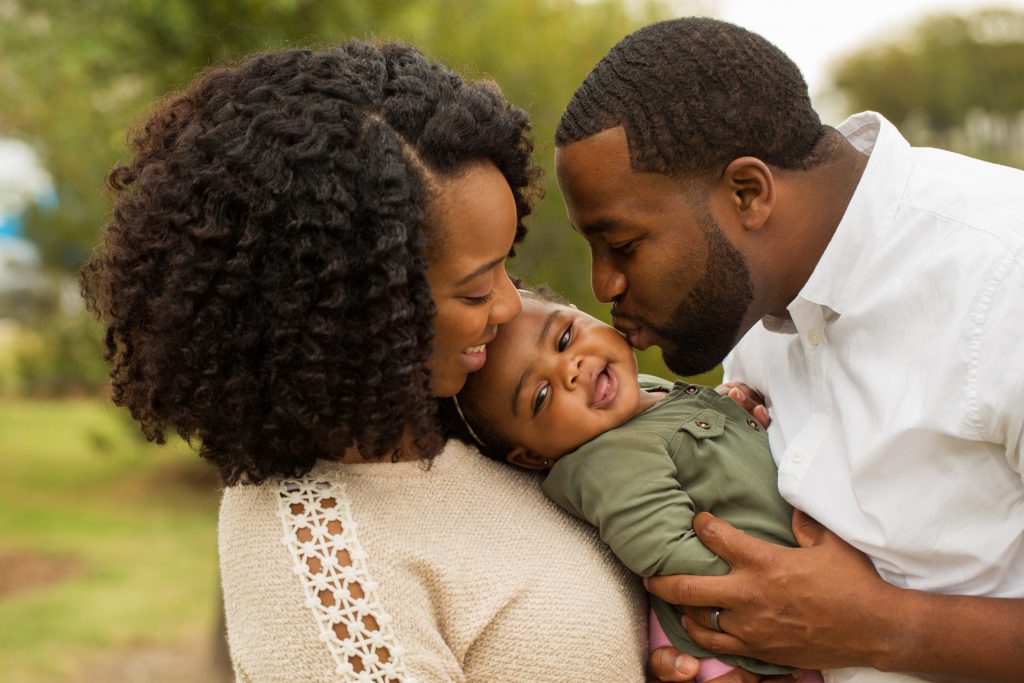
HURRY! EARLY-BIRD DISCOUNT ENDS ON 8/30
Meets Tuesday Nights 7-9pm EST, September 6 – October 18, 2022 + optional Office Hours every Thursday 4:15-5:15pm EST
Each lesson contains a chapter of instruction, a video animation to described the main concepts, reflection questions, and a 20-minuted guided meditation that’s tailored to the concepts introduced in the lesson.
NOTE: Full access to the curriculum previewed below is immediately available after purchase, with lifetime access.
A 165-page, spiral-bound workbook is available for order, or simply print out the PDF lessons in the online multi-media course.
Listen to this recording of Keith’s live teaching during one of the Mindful Marriage webinars about how Mindful Marriage is radically different form traditional tools for couples.


By using a growth mindset with your relationship, this course will help you clean up attitudes and behaviors that otherwise predict separation and divorce.
Mindful Marriage is a unique curriculum that teaches meditation and mindfulness skills you can use to reduce negativity in your relationship and create the right conditions for growth and healing. According to a large body of scientific research, the exercises you’ll be doing every day in this course will literally change the physical structures in your brain.
Using mindfulness—a moment-by-moment awareness of our thoughts, feelings, and sensations—you’re far more likely to be successful in getting off the merry-go-round of negativity than if you use just willpower.
You’ll learn how to use Care, Openness, Love, and Acceptance (C.O.L.A.) to transform negative emotions into productive ones.
When we practice mindfulness, we focus on what we’re sensing in the present moment rather than rehashing the past or imagining the future. The result is a spontaneous feeling of calm and heightened sense of awareness that you are more than just your mind and body.
Several studies have found that mindfulness increases positive emotions while reducing negative emotions and stress. Others show that it increases density of gray matter in brain regions linked to learning, memory, emotion regulation, creativity, problem-solving, and empathy.
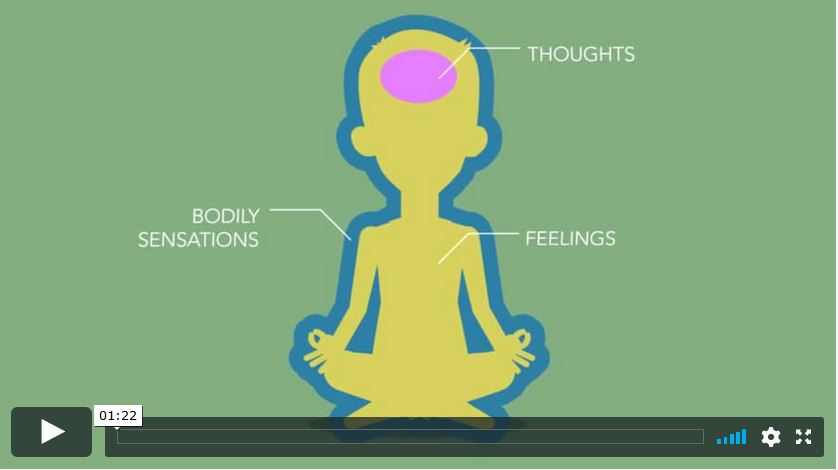
You are more than your thoughts, feelings and beliefs. In week one you learn a tool called the You-Turn, a differentiation skill that reliably stabilizes conflict by removing the projection of emotions onto your partner that occurs when you’re stressed or hurt.

You are more than your thoughts, feelings and beliefs. In week one you learn a tool called the You-Turn, a differentiation skill that reliably stabilizes conflict by removing the projection of emotions onto your partner that occurs when you’re stressed or hurt.
When we practice mindfulness, we focus on what we’re sensing in the present moment rather than rehashing the past or imagining the future. The result is a spontaneous feeling of calm and heightened sense of awareness that you are more than just your mind and body.
Several studies have found that mindfulness increases positive emotions while reducing negative emotions and stress. Others show that it increases density of gray matter in brain regions linked to learning, memory, emotion regulation, creativity, problem-solving, and empathy.
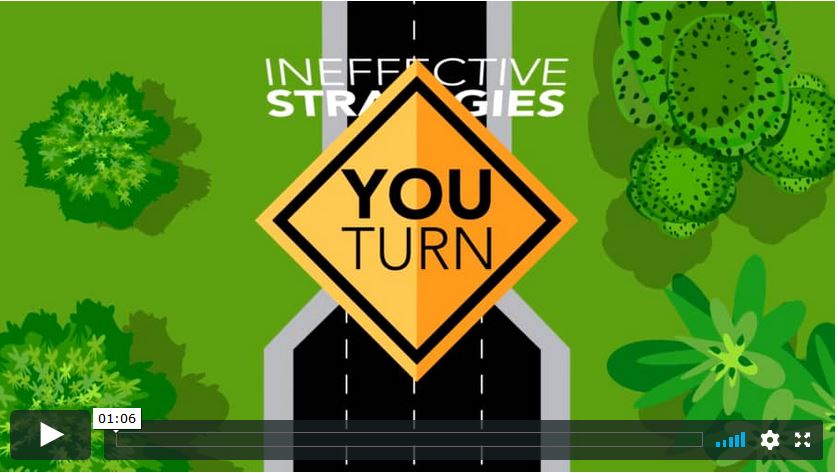
Learn how to reliably feel more centered and calm. You can think and feel at the same time. You have room to consider your own feelings and the feelings of others.
When you’re driving in your car, making a U-turn at a dead-end road is an essential skill. Just imagine the absurdity of stubbornly refusing to turn around on a road that’s blocked by an accident or some other obstacle. No one really does that, right?
But somehow in our intimate relationships we believe that we have to draw a line in the sand and stand up to our partner when we hit a roadblock to getting our needs met. Rather than getting nimble and finding a new way to work together, we dig in our heels and try to coerce, cajole, convince, or maybe just out-cry or out-yell our partner when we want cooperation. Do these methods work?
Negativity almost always elicits some kind of reaction. But it’s almost guaranteed to be negative, and it’s never the kind of authentic, open-hearted attention we crave.
Even in a healthy relationship, all it takes is one look from your partner to trigger a full-scale fight/flight/freeze response. Authentic intimacy with your partner requires you know how to prevent this or limit this so-called “lizard brain” from running your life and ruining your relationship.
The You-Turn helps you do this by short-circuiting the stress feedback loop that occurs when you misguidedly think that changing your partner will make you feel better.
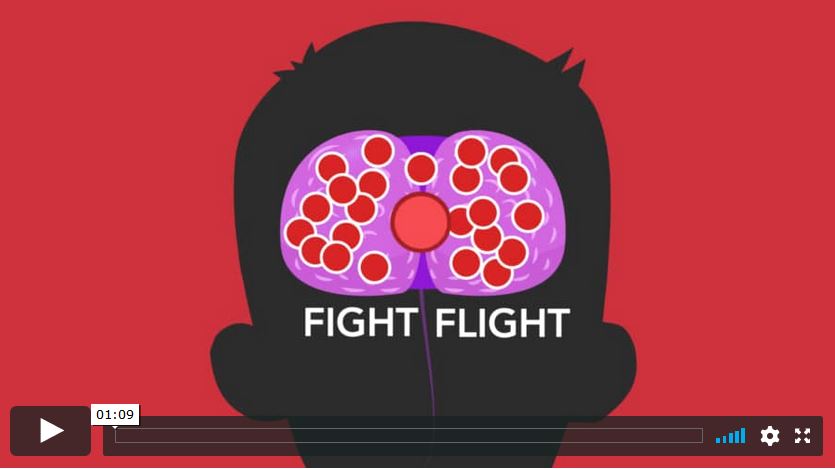
When your brain is stressed, it biases sensory input from the outside toward fear and self-protection. You’ll be learning how to tune into your body to allow your full emotional intelligence to emerge during hard conversations.

When your brain is stressed, it biases sensory input from the outside toward fear and self-protection. You’ll be learning how to tune into your body to allow your full emotional intelligence to emerge during hard conversations.
Even in a healthy relationship, all it takes is one look from your partner to trigger a full-scale fight/flight/freeze response. Authentic intimacy with your partner requires you know how to prevent this or limit this so-called “lizard brain” from running your life and ruining your relationship.
The You-Turn helps you do this by short-circuiting the stress feedback loop that occurs when you misguidedly think that changing your partner will make you feel better.
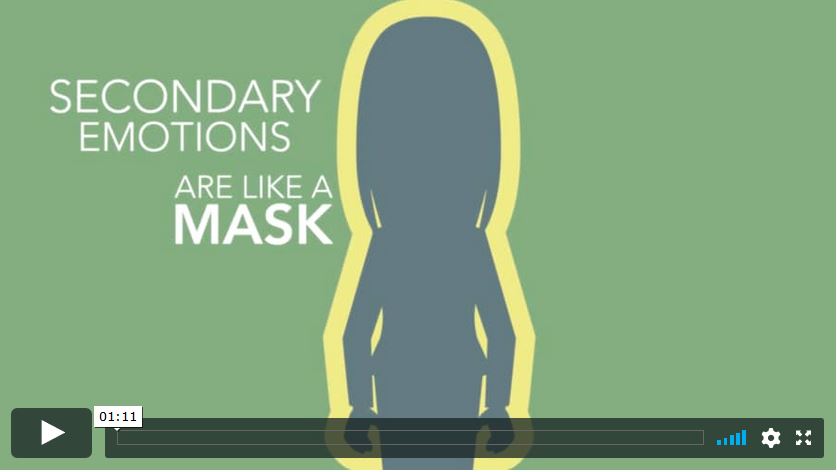
Learning basic emotional intelligence skills gives you the ability to care for and speak from your heart instead of panicking or collapsing during hard conversations.
Everyone knows that if you expand your verbal vocabulary, you improve your reading comprehension. The same is true with your ability to “read” emotions in people when your emotional vocabulary grows. This is called emotional intelligence.
When you know the difference between primary and secondary emotions, which you’ll become familiar with by taking this course, you’ll understand why having a deeper physical connection to your emotions, in your body, can move mountains between you and the one you love.
A good question to ask to determine what protective attitudes, thoughts, and behaviors you have is to ask “What do I usually do when I’m stressed, irritated or scared?”
The usual answers typically fall into two categories: Pursue or Withdraw.
This course offers you a structured path to compassionately explore and befriend the parts of you that protect you, so they may relax and let you lead and allow more vulnerability to be seen by your partner.
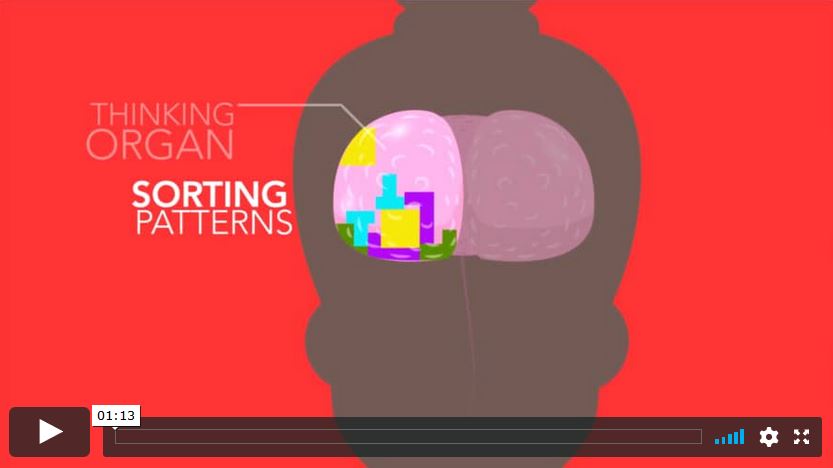
Who are you in conflict? We are so used to our own mental habits and behaviors that reflecting this can be like a fish that doesn’t notice the water.

Who are you in conflict? We are so used to our own mental habits and behaviors that reflecting this can be like a fish that doesn’t notice the water.
A good question to ask to determine what protective attitudes, thoughts, and behaviors you have is to ask “What do I usually do when I’m stressed, irritated or scared?”
The usual answers typically fall into two categories: Pursue or Withdraw.
This course offers you a structured path to compassionately explore and befriend the parts of you that protect you, so they may relax and let you lead and allow more vulnerability to be seen by your partner.

Empathy is nearly impossible when you are stressed or hurt. That’s why this course helps you build a strong foundation of compassionate and attentive connection to your body and your inner life of thoughts, feelings, and beliefs.
When you feel centered, confident and calm it’s far more easy to let yourself be transported into the world of another.
You’ll learn:
Most important, you’ll understand why someone has to take responsibility for listening. Structure creates safety, which creates connection.
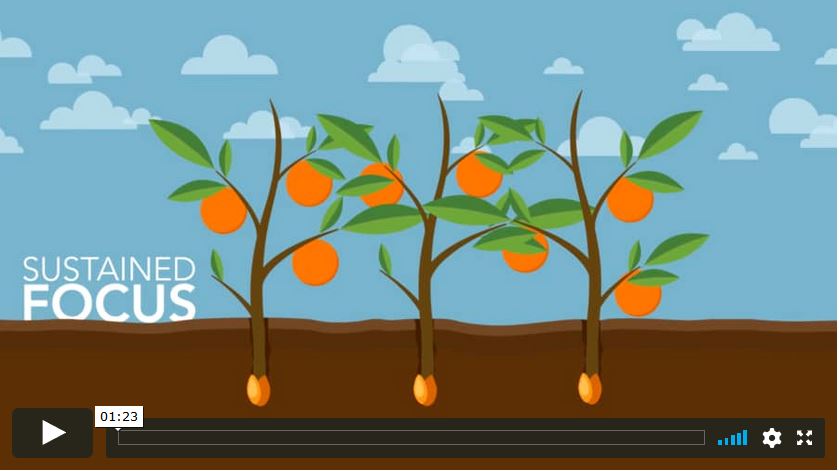
Habits that cultivate appreciation and pleasure in everyday moments are vital for joy and fun in your relationship.

Habits that cultivate appreciation and pleasure in everyday moments are vital for joy and fun in your relationship.
Learn body-centered emotional intelligence skills to widen your tolerance for distress so you are consistently less reactive, more centered and clear during important moments with your partner.
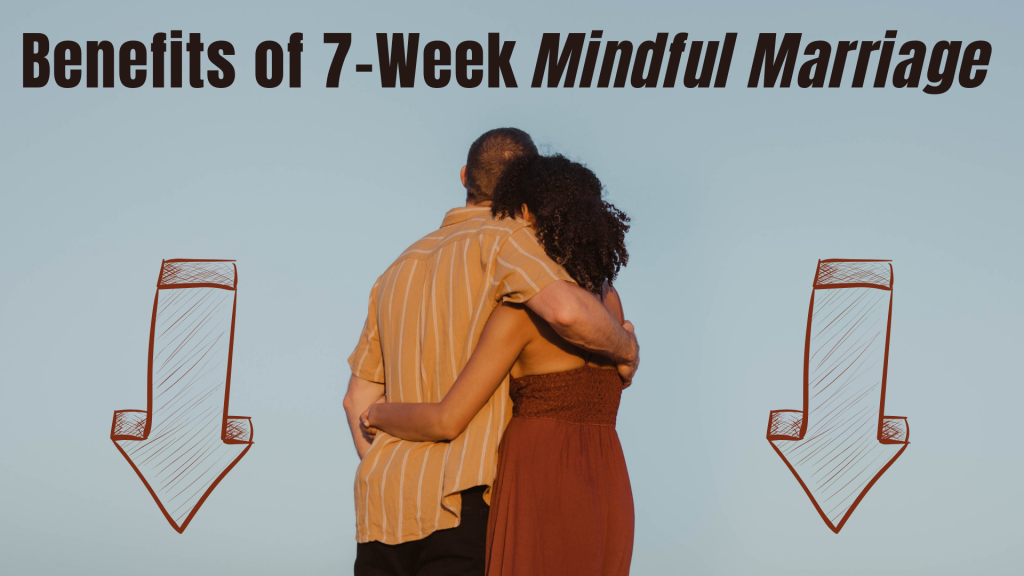
Learn body-centered emotional intelligence skills to widen your tolerance for distress so you are consistently less reactive, more centered and clear during important moments with your partner.
Access multi-media homework modules and 165-page training manual that gives you a library of 20-minute meditations designed to reduce relationship stress.
Practice introductory steps of IFS “parts work” to develop a loving and compassionate relationship with protective parts of you that take charge of getting your needs met but are often met met with resistance, criticism, or avoidance.

“Keith Miller presents a clear and practical guide for couples while integrating elements of the most popular and powerful approaches: mindfulness,
neurobiology, and the Internal Family Systems model.”
Harvard Professor of Psychiatry and Founder of the Internal Family Systems (IFS) evidenced-based psychotherapy model.
“Mindful Marriage is an essential skill-builder in the tool box for couples devoted to a better love life. This program teaches you to calm your mind and clean up your thoughts,
enabling a more loving framework for everyday interactions.”
President of Couples Therapy Inc.
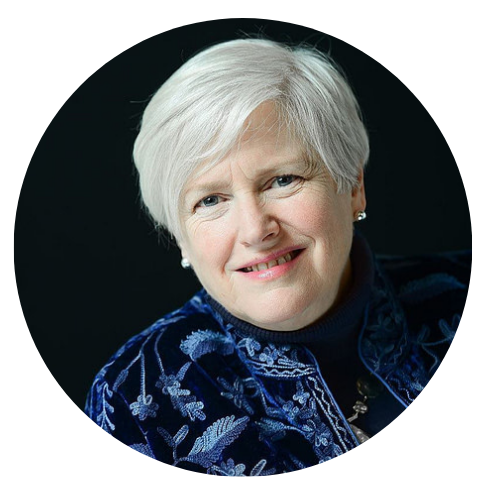
Keith Miller is a licensed clinical social worker and director of Keith Miller Counseling, a private counseling practice that specializes in relationships, treating stress and anxiety, and general behavioral health. His first book, Love Under Repair: How to Save Your Marriage and Survive Couples Therapy, won the Reader’s Favorite Award for non-fiction in 2015. He is the host of The Soul of Life podcast and has spoken across U.S. on the subject of interpersonal neurobiology, mindfulness, and stress-reduction for couples. He lives in Maryland with his wife of 20 years, and two children.

Keith Miller is a licensed clinical social worker and director of Keith Miller Counseling, a private counseling practice that specializes in relationships, treating stress and anxiety, and general behavioral health. His first book, Love Under Repair: How to Save Your Marriage and Survive Couples Therapy, won the Reader’s Favorite Award for non-fiction in 2015. He is the host of The Soul of Life podcast and has spoken across U.S. on the subject of interpersonal neurobiology, mindfulness, and stress-reduction for couples. He lives in Maryland with his wife of 20 years, and two children.

All of the group meetings are recorded and posted to the private community space that’s only accessible to your class cohort. The Weekly Office Hours are not recorded.
Most of the 2-hour class meetings will be Keith’s teaching about that week’s concepts. You’ll be asked to shut off your camera during exercise or discussion breaks to interact with your partner. There will be several opportunities each week for you to speak for your reaction to the concepts or exercises, or ask questions, in front of the group. Speaking for your experience can be a key to learning and everyone is encouraged to participate as much as possible. No one is ever put on the spot to share information about themselves they don’t want to share with the rest of the group. Short and structured breakout discussion rooms are a part of most classes, where you’ll be paired with one or two other couples in the course. This is optional but highly encouraged and one of the highest-rated elements of the course from graduates).
It’s best if you’re in same room as your partner and on-screen as much as possible. Of course if you are geographically separated, being on two separate cameras is no problem.
I’d like this group to resemble an in-person meeting as much as possible and it makes a HUGE difference to me as your teacher and to see each other’s faces and feel the energy of the group. Talk to me ahead of time if you have concerns about this. There will be times when I ask everyone to shut off their cameras and mute themselves so that you can complete an assignment or discussion with your partner. If you have to take care of a personal matter or tend to children during the meeting, it’s no problem to turn off your camera, but otherwise I’d ask for everyone to participate and be a full part of the group, on camera.
Participating in the private Facebook Group that’s exclusively for the participants of your live course is highly encouraged, but is not necessary, unless you want to access a replay of a class that you missed. Working through the concepts and exercises in this course can be REALLY challenging. I encourage you to use the private forum to get to know each other and learn from each other’s wisdom and sharing about where you’re getting stuck and where you’re making strides. A central concept in the course is “speaking for your parts,” and learning to separate your own feelings from your automatic assumptions (projections) about your partner. The form is NOT a place to voice frustrations with your partner or speak for your partner. I’ll help make this distinction clear and offer guidance.
You have lifetime access to log in to the Mindful Marriage online course material.
Yes. A little secret behind Mindful Marriage is that it was designed specifically to be done solo. The fact that partners take the course together in my live teaching of this course is a huge bonus. This is one of the few relationship enrichment programs that asks people to seriously focus on and improve their relationship with parts of themselves before trying to improve their relationship to their partner.
IFS stands for Internal Family Systems, a popular evidence-based psychotherapy and spiritual tool that views the mind as naturally multiple and uses compassionate exploration of parts of you to befriend rather than berate or exile some of the most perplexing or difficult emotional states that many of us have learned to feel shame and fear toward.
Mindful Marriage does not explicitly teach IFS but is strongly influenced by it and can be seen as an introduction to basic IFS concepts such as Parts, Self, Protectors, Exiles, and the You-Turn concept, which was first introduced to me by IFS founder Richard Schwartz and IFS Lead Trainer Toni Herbine-Blank.
No. Mindful Marriage was designed for people new to mindfulness and/or meditation. However many lifelong meditators have found the meditations in this course to be novel and helpful to deal with emotional states that traditional meditation does not address.
UPCOMING COURSE DATES: COURSE DATES: Tuesday Nights 7-9pm EST, September 6 – October 18, 2022 + Optional Office Hours Thursdays 4:15-5:15pm EST
HURRY! EARLY-BIRD DISCOUNT ENDS ON 8/30
Looking for my IFS Level I Prep Course for professional counselors or coaches? Learn more here.
Want to quickly learn the basics of Internal Family Systems (IFS)? Take my free Quickstart Guide to IFS in 30-Minutes Webinar
Just want to learn How to Resolve Any Communication Issue? Take my free 30-minute webinar and get results today.